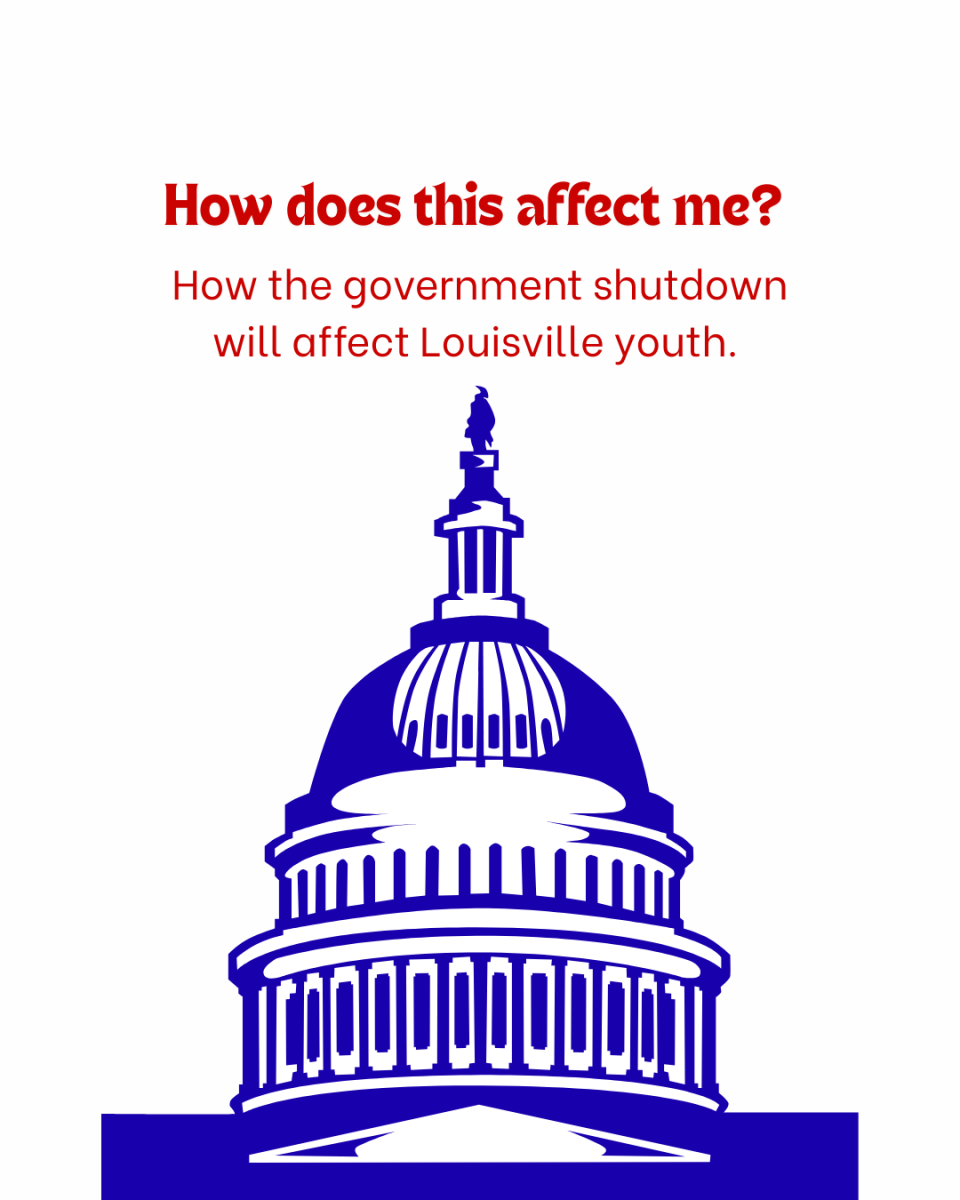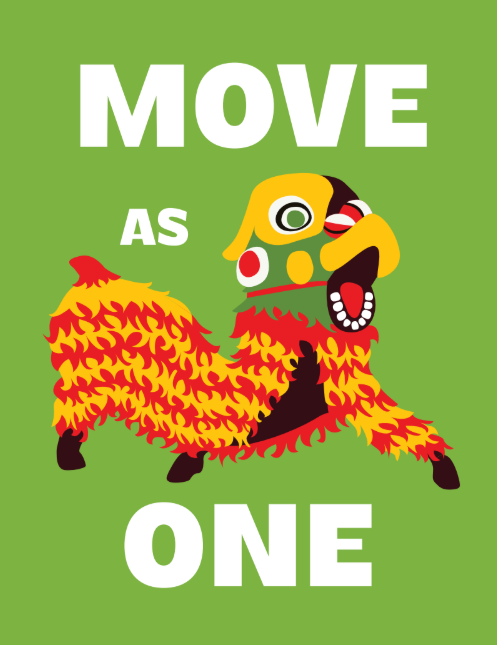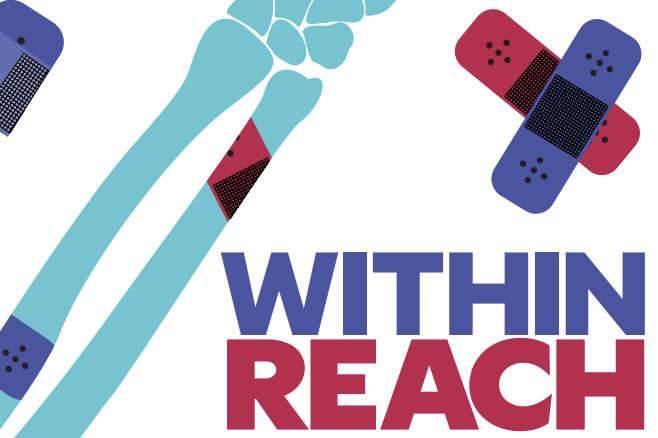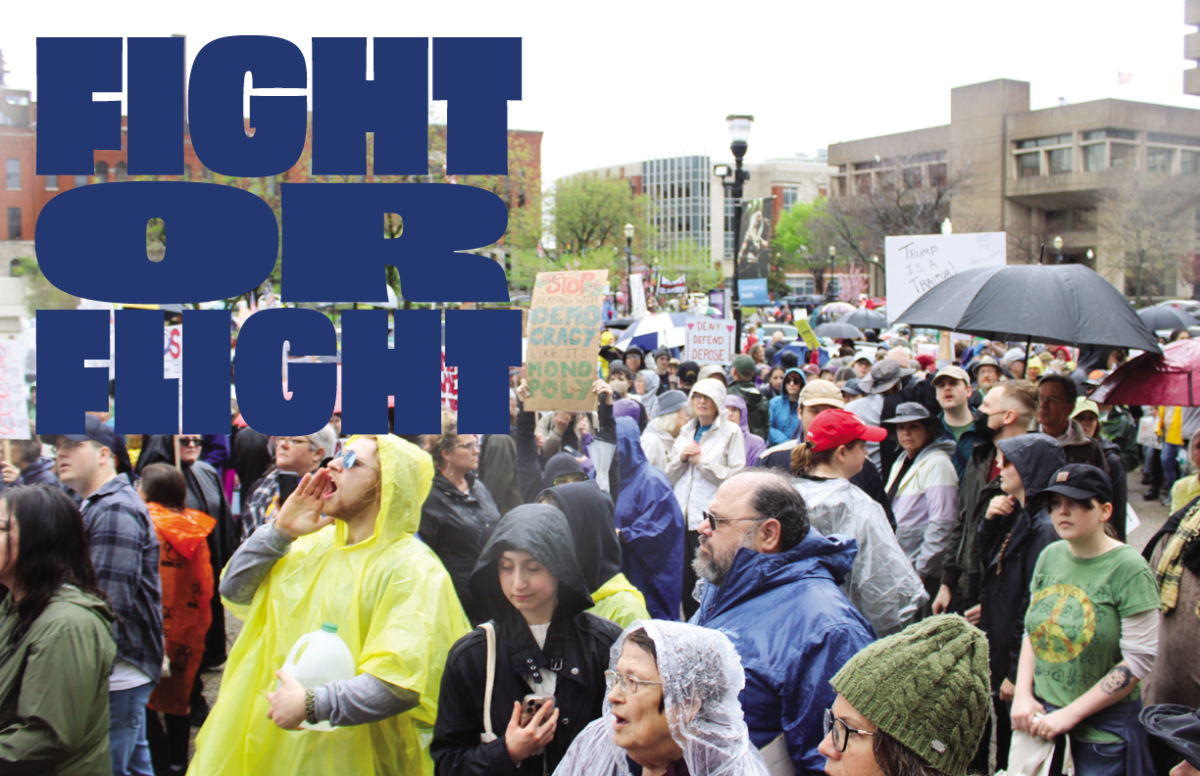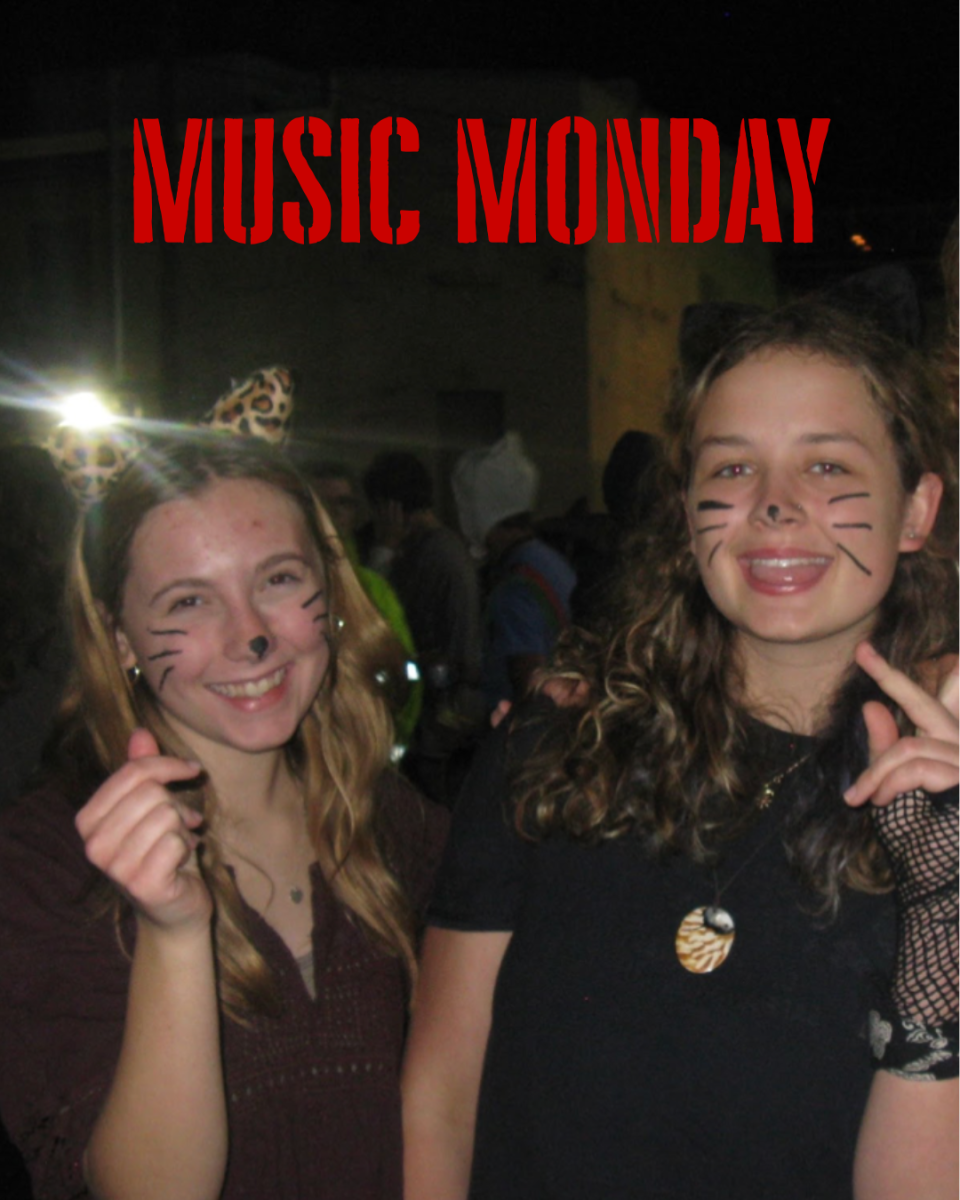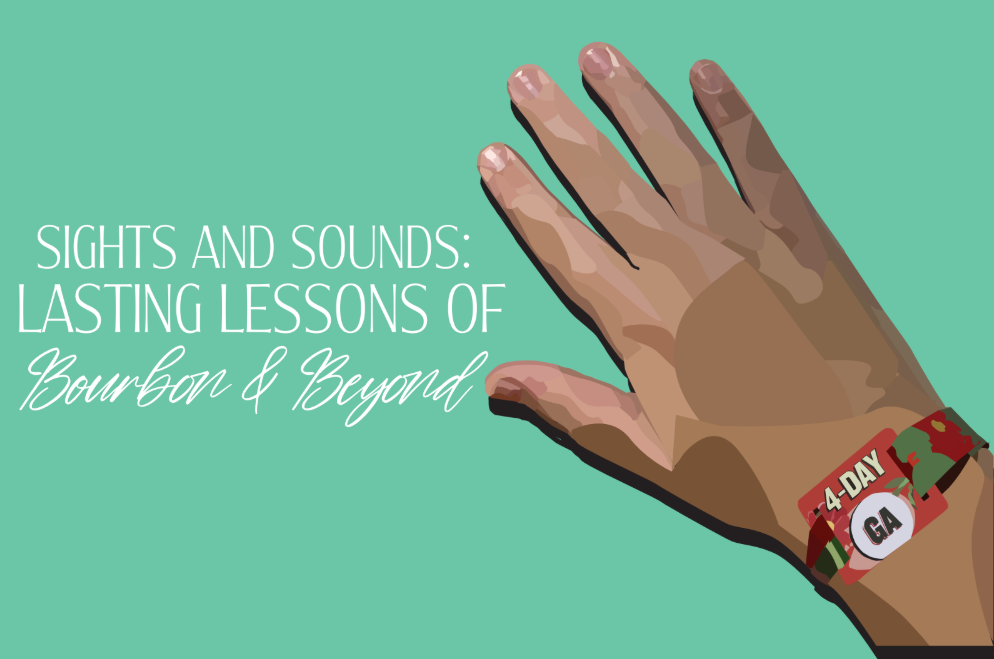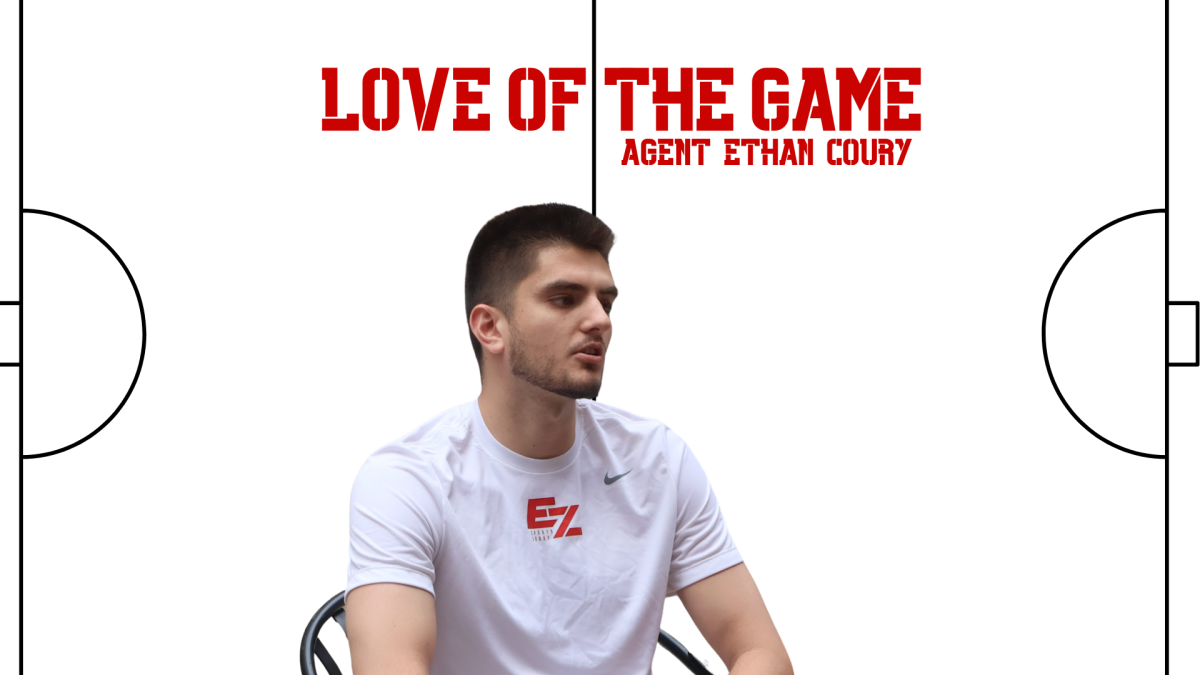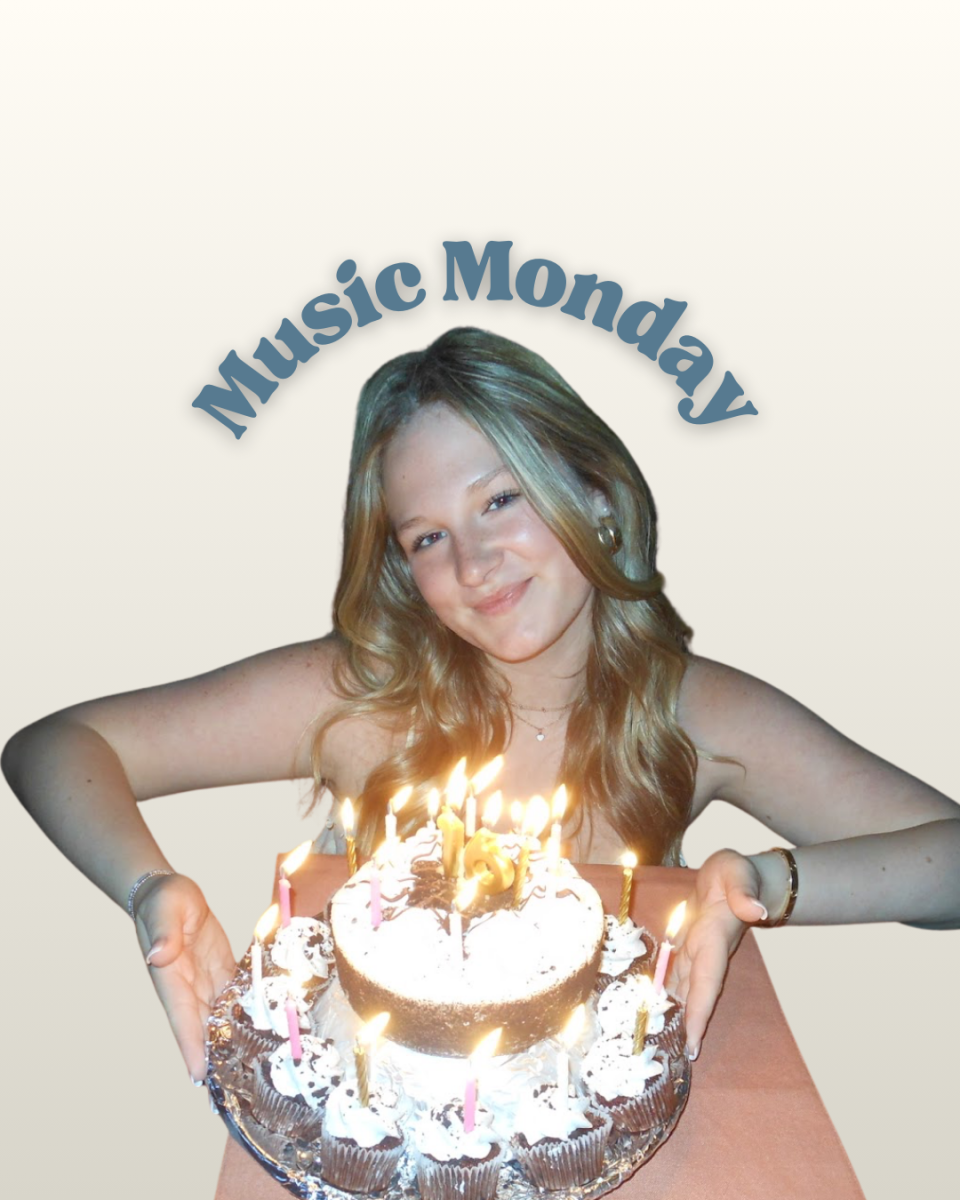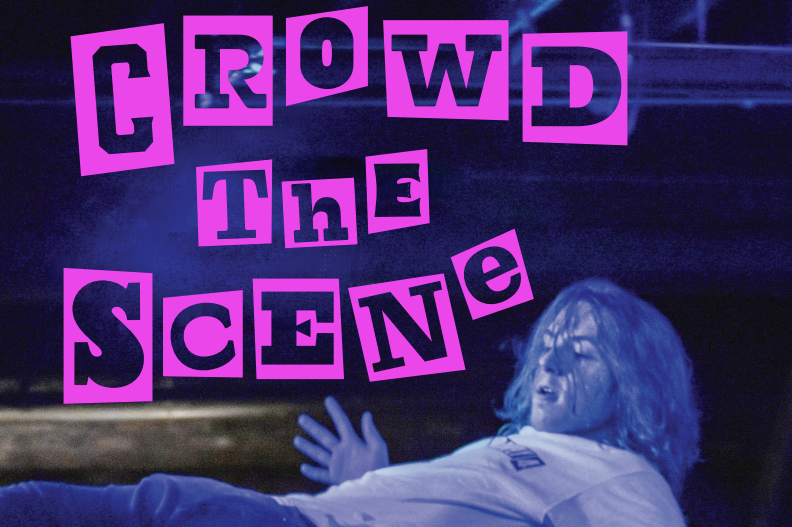I’ve lived in Louisville my entire life. I grew up going to school in Old Louisville, memorizing street names, and exploring downtown. So I thought I had the wrong place when my GPS, programmed for CC’s Kitchen, directed me to Fourth Street.
I’ve walked this road dozens of times. I think I’d notice a drag show, I thought.
The only indicator that I was at the right place was my group of friends, who were waiting for me outside of the rather ordinary-looking entrance.
As we walked through the doors, we were immediately immersed in the atmosphere of the room. The normality of the outside was washed away as we entered a room lit by large sconces decorated with fluffy white and pink feathers. Walls covered in large kiss prints and shelves lined with outrageous pink and blue wigs filled the space. Looking around, I caught a glimpse of other customers behind me with the same wondrous looks on their faces.
My head spun forward when I heard the sound of large platform heels clicking across the floor. I looked up to see five drag queens towering over me, each in floor length, vibrant-colored dresses.
One of the drag queens stepped forward and I craned my neck to take in her teal blue polka dot dress and bright blue wig. She introduced herself as CC, the general manager, marketing manager, as well as a performer. I was surprised to be welcomed so warmly at the door by the entire cast. Although it’s typical for drag queens to greet customers, making personal connections today was of the utmost importance.
On Feb. 10, just a week before we attended CC’s Kitchen’s drag brunch, six Republican Kentucky state senators proposed Senate Bill 115 (SB 115), which determined that “adult-oriented businesses” cannot be located within 1,000 feet of public places like child-care facilities and parks. Section 2 of the bill defines a drag show as an adult-oriented business, and lumps them in with cabarets and “adult live entertainment establishments,” otherwise known as strip clubs.
As of March, the bill is dead. But it matches other bills limiting drag shows across the country, and symbolizes the potential for future bills proposed in the next legislative session that might succeed in banning drag shows for good.
If SB 115 had passed, CC’s Kitchen’s classification as both a restaurant open to all ages and as a drag show would’ve meant that the restaurant itself could stay open while the show would be forced to shut down.
On the day I attended, as CC explained the bill to the crowd, I began to understand just how impactful not just the passing of this bill, but the proposal itself, could be. The show could eventually be closed, leaving a majority of the cast standing before me out of a job.
“So this is me waving my finger in the air,” CC said, holding her head high alongside the other four drag queens. “We’re not gonna go down quietly.”
More Than A Performance
Throughout the drag queens’ performances that morning, each one I spoke with had a costume change. Perhaps the most daring costume was worn by Louisville-born drag queen Nicole Jackson Valentino, who donned a short-sleeved shirt, fishnet stockings, and mini biker shorts.
Valentino goes by her stage name, as do all of the other queens I met at CC’s Kitchen. Her quick wit headlined the show, and it took no time before she had the audience in the palm of her hand.
During her performance, she asked for a young person in the crowd to join her on stage. I looked up from my meal and scanned the room, suddenly realizing people at surrounding tables were encouraging me to volunteer. The adrenaline that the cheering audience instilled in me almost made me forget my fear of speaking in front of large groups, but even the noise of their applause wasn’t loud enough to drown out the sound of my heart pounding. As I joined Valentino on stage, I willed myself not to look out at all the people watching me.
“What’s your name?” Valentino asked, holding out the mic for me.
“Uh, Sammie,” I said.
“‘Uh, Sammie?’ You don’t know your own name?” Valentino joked. “Say it with confidence this time.”
“My name’s Sammie,” I said confidently, smiling into the mic. Valentino continued to ask me questions about myself, easing my nerves about being on stage with quippy jokes.
“Let’s turn on a clean song for her,” she said. “You know Carrie Underwood?”
Before I had time to answer, “Before He Cheats” blasted through the speakers. Valentino smiled at me, prompting me to dance along to the music. I stepped off stage and jogged across the room, waving my arms to the lyrics of the song while the audience cheered me on.
When I returned back to my seat, I didn’t think twice about the many eyes that had been watching me. I only imitated the confidence of the drag queens, feeding off of the audience’s responses rather than letting them scare me.
While the drag show draws large crowds similar to the one I saw the day I joined Valentino on stage, CC’s Kitchen also functions as a restaurant, and performers have no problem chipping in. Although she holds a management position, CC has cooked, run tables, washed dishes, and performed in drag — all in one workday.
Although performing remains a priority, some queens have a career outside of drag. Valentino, who hosts the brunch every Saturday, is one of these performers. So if the drag brunch was eventually shut down, she would still have a source of income.
But many drag queens rely entirely on performing to make money, and Valentino refuses to forget about or leave them behind.
“Nicole would still travel and perform. And I’ve always been a person who takes entertainers with me wherever I go. So I will try to find work for my brothers and my sisters in the community, and try to see if we can overturn it,” Valentino said.
The community Valentino would be helping to find jobs for is a large one. Louisville is home to numerous nationally recognized drag shows, most notably including The Hub, Le Moo, Play, and CC’s Kitchen. While Play functions as a nightclub for people 18 and over, the others operate as restaurants, catering to all ages.
The day I went, the audience at CC’s Kitchen was filled with people both young and old. Among them was a little girl, who immediately caught my eye. I watched her hold up a dollar bill for CC during her performance, laughing as they chatted while the audience clapped along to “I Wanna Dance With Somebody.”
The little girl, Ahzaria Tarter-Sharp (7) attended the show with her uncle, Andre Sharp, and moms, Brielle Sharp and Tianna Tarter.
Tarter-Sharp’s moms, who have attended many drag shows in the past, had no problem bringing their daughter to the drag brunch.
“She had a great time; she loved it,” Tarter said.
“Love is love is love,” Andre exclaimed, watching his bright-eyed niece eagerly wait to take a picture with the cast after the show. “She enjoyed herself a lot.”
Bills On Bills
Bringing kids as young as Tarter-Sharp to drag brunches isn’t entirely uncommon. But if local attitudes reflected SB 115, youth would be kept far away from drag shows.
I reached out to all six senators who proposed the bill via email. Although I received a response from Senators Southworth and Tichenor, neither of them followed up with me for an interview.
Tichenor told PBS on March 10 that she recognizes performing as the opposite gender has occurred for decades, mentioning Robin Williams’ character, Mrs. Doubtfire.
“This bill is not in any way addressing those types of performances,” Tichenor told PBS.
While she believes that drag performances “limited to adult audiences” are not a problem, with SB 115, she is targeting performances that can be viewed by the youth.
“What is hateful about keeping children away from sexualized adult performances?” Tichenor asked.
The proposal of SB 115 mirrors many other efforts being made to ban drag shows across the country. After weeks of protest against the bill earlier this year, the Kentucky House ran out of time to read and pass SB 115. Although the bill is dead in Kentucky, the issue perseveres throughout the country.
Tennessee General Assembly recently passed their own bill, SB 3, banning drag shows “on public property” and in areas where children may be present, accomplishing what Kentucky was attempting to pass. This will make Tennessee the first U.S. state to ban drag shows. The first violation of this new law is a misdemeanor. The second violation is a felony. The bill is on track to take effect July 1 of this year, although the ACLU of Tennessee has threatened to sue on the grounds that the bill is unconstitutional.
“Tennessee: we’re also fighting the same fight that you guys are doing over here with SB 115,” said JC, a Nashville-born performer at CC’s Kitchen, who, at the time, was concerned about the potential passage of SB 115.
Although the banning of drag shows is a national issue, they have become increasingly important to Louisville over the past couple of decades, and banning them would have an impact on not only the city’s tourist economy, but also its prominent LGBTQIA+ community.
Louisville Drag
Louisville has had a reputation as an inclusive city for years now, presenting many opportunities for gay youth to celebrate their identity. One of these events is the annual Kentuckiana Pride Parade & Festival, which occurs every June in NULU. According to their website, it is estimated that over 20,000 people will be in attendance this year. In January, The New York Times placed Louisville as #40 on their list of “52 Places to Go in 2023.” The article described Louisville’s rising LGBTQIA+ scene, highlighting drag shows, along with Derby and bourbon, as noteworthy aspects of the city. It went on to list Play as a “thriving hot spot.”
Louisville’s drag scene is a large, critical part of the city.
“We have drag that is booming, and has been booming for the past 15-20 years,” JC said. “A lot of people have been more exposed to it.”
Many drag queens compete in pageants, such as Mr. Entertainer of the Year, which JC is aiming for in 2023. This coveted title is part of one of the top pageant systems in the world, with shows held here in Louisville.
Drag performers from many cities and countries come together in Louisville. JC has lived in over 45 countries, but finds himself coming back to Louisville often.
“They’re so welcoming; they are incredible,” JC said. “A lot of people from all over the world come to Louisville to compete.”
And while Louisville houses performers from across the globe, many drag queens come right from our own backyard.
“I actually live in Lexington. But I’m up in Louisville all the time,” Vanity Mirror (19) said. “I kind of switched between them both, so I guess I grew up in Lexington and Louisville.”
Mirror was the youngest drag queen performing at CC’s Kitchen the day I went. For many young, aspiring drag queens, it can be difficult or intimidating to perform when you don’t have any personal relationships.
“It was a little hard at first because I didn’t really have the connections to start,” Mirror said. “But you know, our generations very much like YouTube and Instagram and all that kind of thing. And luckily, I had a very open community around me.”
During our brunch, her young age immediately caught our attention. Although she entered to a slower, sassy jazz song, her overwhelming confidence immediately stood out. We couldn’t help but pause our eating to watch Mirror perform. Her bold entrance was only highlighted by her floor-length, sequined black dress and hoop earrings so large they seemed to dance with her. She winked at me as she slickly took a dollar bill from my extended hand, large, silver bracelets jingling in my ear as she did so.
Surviving Stereotypes
While Louisville’s drag community reflects CC’s Kitchen’s drag queens, remaining bold and united, performers still face stereotypes. Perhaps one of the most common stereotypes is that drag performances are always sexually explicit.
“Look at all the layers I’m wearing; this is a couch cushion,” CC said, pulling out a large, padded cushion from her backside. “There are three pairs of tights, there are things underneath … It is all makeup and foam and a facade.”
All five drag queens I spoke with reported having been stereotyped in the past. While everyone has different experiences, Valentino has found a successful way to cope with unfair stereotypes.
“I’m fortunate enough to not let no one treat me less than I treat myself,” Valentino said. “So I have had a good experience, because I don’t allow people to give me bad experiences.”
While I was interviewing them, many of the performers discussed the stereotype that all drag queens are transgender, a view accompanied by prejudice and unfair treatment of its own. According to JC, these stereotypes against the trans community could be seen in Section 2-12 of SB 115, stating that performers “exhibiting a gender expression that is inconsistent with the biological sex formally recognized on the performer’s original birth certificate using clothing, makeup, or other physical markers” were not allowed to do so on public property or a location where children may be present.
This sparked uproar amongst Louisville’s transgender community, seeing as the bill only mentioned performers who dress up as the opposite gender.
“Drag” acts as an umbrella term, with drag queens, drag kings, and male or female performers all falling under this category. Defining the differences between a drag performer and a transgender person is key. Drag performers typically dress as the opposite sex for entertainment purposes, while a transgender person does not just present, but identifies, as the opposite of their biological sex.
There are also distinctions that must be made under the word “drag” and all of the labels included in it. A drag queen dresses femininely, as either a man or woman, and a drag king is a person who dresses masculinely, also as a man or a woman. Some drag performers don’t like the idea of being stuck under just one label. For example, while JC technically qualifies as a drag king because he is a male who dresses masculinely, he referred to himself as a male performer at the drag show.
While labels create distinctions within the LGBTQIA+ community, drag performers continue to support each other through their differences. Although JC is a male performer, he continues to raise awareness of the struggles other members of the LGBTQIA+ community are facing.
“I’m a male, my gender marker is male,” JC said. “So this bill doesn’t affect me, which I believe is just a bypass against the trans community.”
CC’s Kitchen’s drag queens are strongly opposed to the passing of bills banning drag shows and focus on raising awareness of these proposals and their implications. CC reached out to local leaders to discuss the bill.
“I have requested to meet the mayor of Lexington as well as the mayor of Louisville,” CC said in February.
While Louisville’s LGBTQIA+ community and its allies’ protests successfully sent a message, and SB 115 wasn’t passed into law, not every state has a drag community as active as Louisville’s. But, like CC, local drag queens and gay youth continue to speak out in attempts to prevent more drag shows around the country from being closed.
As of April, CC’s Kitchen’s drag show remains in operation. But that doesn’t mean a similar bill won’t be seen in future legislative sessions, one that Louisville’s drag queens fear may succeed in legally shutting down drag shows.
“The Kentucky motto is ‘united we stand, divided we fall,’” Valentino said, “but they’re dividing us. So we’re gonna fall.” •


